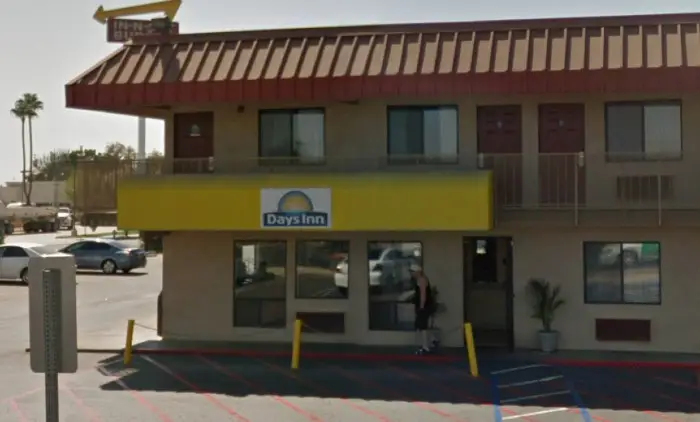
According to ABC30, two people were shot around 11 pm at Days Inn by Wyndham, a hotel located at 2640 S 2nd St, Fresno, CA 93706.
The investigation reports a man was inside a room with two women when two men broke into the room and started a fight. Shots were fired, and two men were hit. One of the men went to Community Regional Medical Center, where he then passed away. The other man was shot in the leg with no fatal injuries.
The two women in the room were not injured and cooperating with the police during the investigation. The police are unsure about each person’s roles at the scene but need a search warrant before they can investigate the scene for evidence.

Attorney contributor Mike Pfau has represented numerous victims of violent crimes and their families in civil lawsuits. Below, Bobby provided insight into the rights of a victim shot at a hotel on private property.
Do business owners have a legal obligation to protect the safety of patrons?
“Business owners have a legal obligation to protect their patrons and provide security for all patrons on their property. Ample forms of protection include, but are not limited to, security cameras and guards. If property owners fail to provide proper security measures for their patrons, and someone is hurt, the property owner could be considered liable in a lawsuit.
Can a victim sue a property owner for violent crime?
“For a property owner to be considered liable, there must have been negligence on behalf of the owner. An example of negligence is if a crime occurred, and the property owner did not improve the security camera. In this case, the crime would be considered reasonably foreseeable. If a crime could be deemed foreseeable, the victim may have grounds for a lawsuit against the negligent property owner. If the property owner is found guilty, the victim may receive compensation for the damages.”
 info@legalherald.com
info@legalherald.com